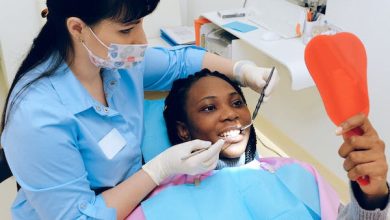Do you need to wash your eggs? The answer may surprise you

Numerous kinds of bacteria, microbes, and other pollutants can be found in eggs.
Is it necessary to wash eggs? Both yes and no
For years, there has been debate regarding eggs. Experts continue to disagree about whether they are beneficial or if we should use caution and consume fewer of them.
Numerous kinds of bacteria, microbes, and other pollutants can be found in eggs. Thankfully, the egg white and yolk are shielded by the shell, which acts as a strong barrier against them. It would seem that the prudent course of action in this case would be to wash the eggs after purchase and store the clean ones in the refrigerator. Sadly, this is not at all the case.

Do you need to wash your eggs? The answer may surprise you
Experts warn against washing eggs because not only do we remove impurities from them, but we also damage the natural coating, which additionally protects the shell. Once it is destroyed, bacteria can more easily penetrate our egg and lead to infection. Washing eggs also shortens their freshness.
So what should we do? Store eggs in a separate container so that the shells do not come into contact with other products or directly touch the shelves in the refrigerator. And remember to wash your hands with warm water and soap if you have previously held eggs.
Does this mean that eggs do not need to be washed? Not completely. The truth is that eggs should not be washed unless you intend to use them immediately. Until then, it is better to leave them without contact with water. Alternatively, you can gently remove larger dirt from the shell surface using a cloth or paper.
And when should you wash eggs? Only when we are going to eat them. Many people do not do this, assuming that they do not eat the shell, only its contents. However, when breaking, bacteria or other microorganisms may get onto the egg white and yolk. This happens, for example, when making scrambled eggs.
If you cook the eggs soft or hard, there is no need to wash them first. High temperature will neutralize the threat.
Eating raw eggs is controversial and poses a risk of salmonella. To minimise them, be sure to scald the egg shells in boiling water first. The Sanitary and Epidemiological Station recommends pouring boiling water over them, soaking them for two to three minutes, then pouring out the water and rinsing them with running water.
A very important thing that many people forget about is washing your hands before preparing meals. Research shows that nearly 65% do not do this. consumers. Placing unwashed eggs next to other food products or on surfaces on which we later place fruit or bread also poses a significant threat.





